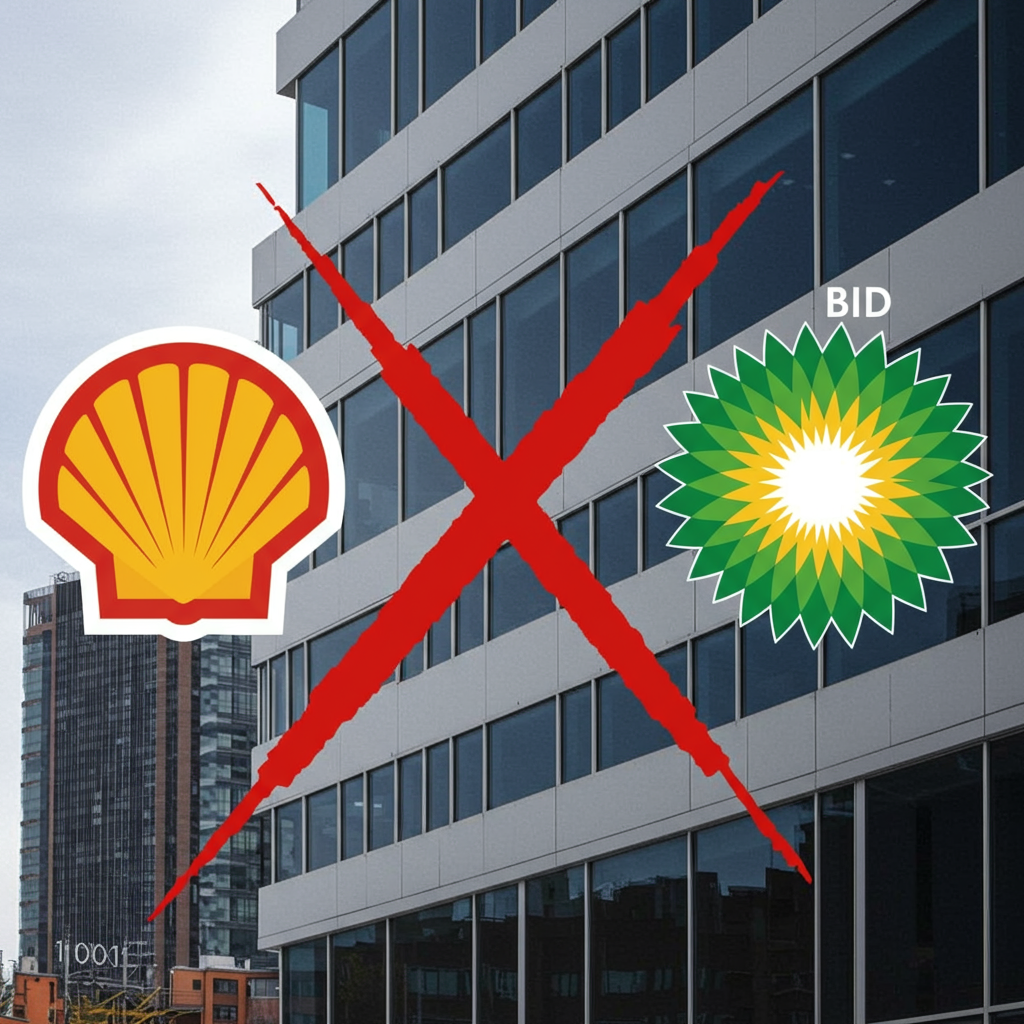Shell Dismisses Report of Early Talks to Acquire Rival BP
Global energy major Shell has explicitly denied a report published by the Wall Street Journal suggesting the company was in early discussions to acquire rival BP. Shell stated on Wednesday, June 25, 2025, that no such talks are taking place, dismissing the claims as “further market speculation.”
According to a Shell spokesperson, the company remains “sharply focused on capturing the value in Shell through continuing to focus on performance, discipline and simplification.” This statement aligns with recent remarks from Shell CEO Wael Sawan, who has repeatedly indicated that Shell maintains a very high bar for large acquisitions, viewing shareholder value return through share buybacks as a better allocation of capital currently. BP, when approached for comment regarding the WSJ report, declined to provide a statement.
Speculation Amidst BP’s Performance Challenges
The report and Shell’s subsequent denial emerge amidst persistent speculation regarding BP’s future, particularly its status as a potential takeover target. For several years, BP has been cited as a potential acquisition candidate, primarily due to its stock’s relative underperformance compared to industry peers and the broader market.
Analysis indicates BP has significantly trailed Shell’s stock performance, underperforming by 17% over the past year and a substantial 84% over the last five years. BP’s share price has also seen a notable decline of almost 16% throughout 2024. This recent downturn follows strategic adjustments by BP aimed at addressing performance concerns and navigating the energy transition, including job cuts announced in January and a pivot in February to prioritize core oil and gas production over some clean energy investments.
Scale and Hurdles of a Potential Mega-Deal
A potential acquisition of BP by Shell would represent a massive transaction. On the day the report surfaced, BP held a market capitalization of nearly $80 billion with net debt of $27 billion, while Shell’s market value exceeded $208 billion.
Such a significant deal between two major oil companies would be rare and face intense regulatory scrutiny. Industry observers note that a transaction of this magnitude in the energy sector hasn’t been seriously considered since preliminary discussions between Exxon and Chevron during the COVID-19 pandemic, which aimed for what would have been the largest merger attempt ever.
The Wall Street Journal report itself acknowledged that potential terms for any deal were unknown and that a tie-up was far from certain. Separately, reports citing unidentified sources suggested that BP could potentially be broken up if an acquisition were to materialize. Despite BP’s market valuation, some financial analysis suggests the company might not be as “cheap” as its market capitalization alone implies, potentially highlighting underlying complexities.
Following the initial report and Shell’s denial, BP’s American depository shares saw a moderate increase, while Shell’s shares experienced a slight decline. BP’s stock performance over the past year (down 23%) contrasts sharply with the FTSE 100 Index’s gain (up 5.3%) and Shell’s own increase (up over 8%) in the same period, underscoring the backdrop against which takeover speculation continues to arise for the British energy giant.




